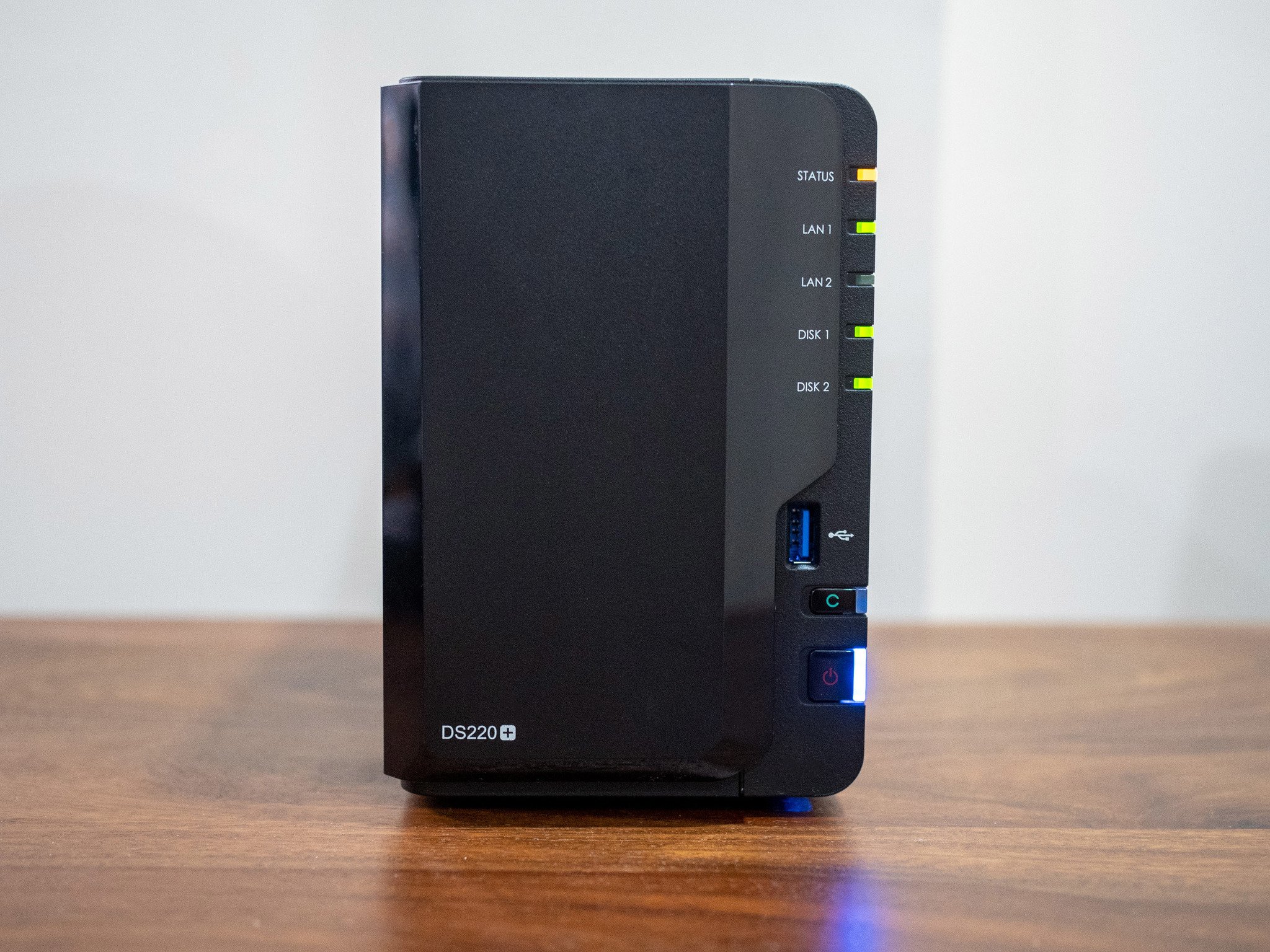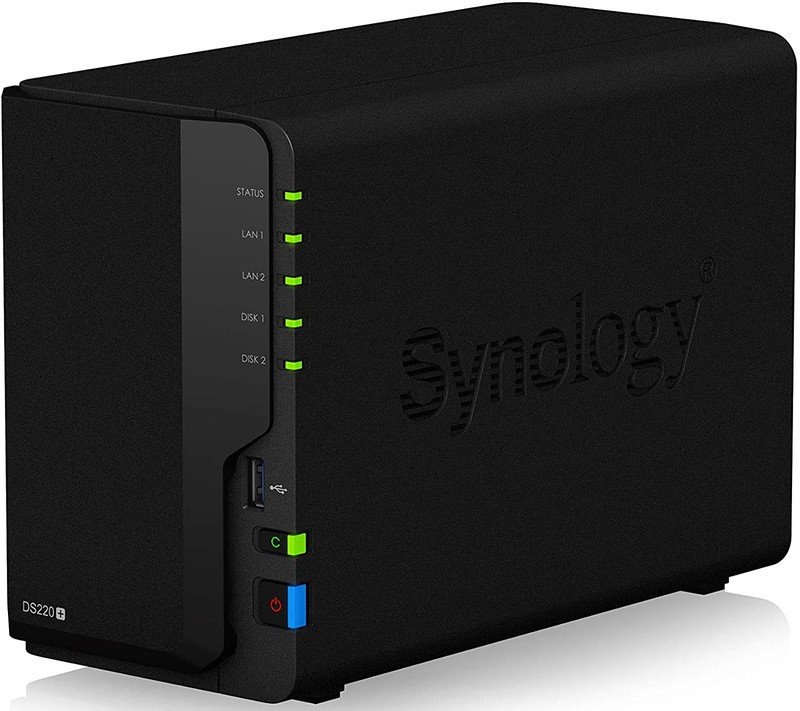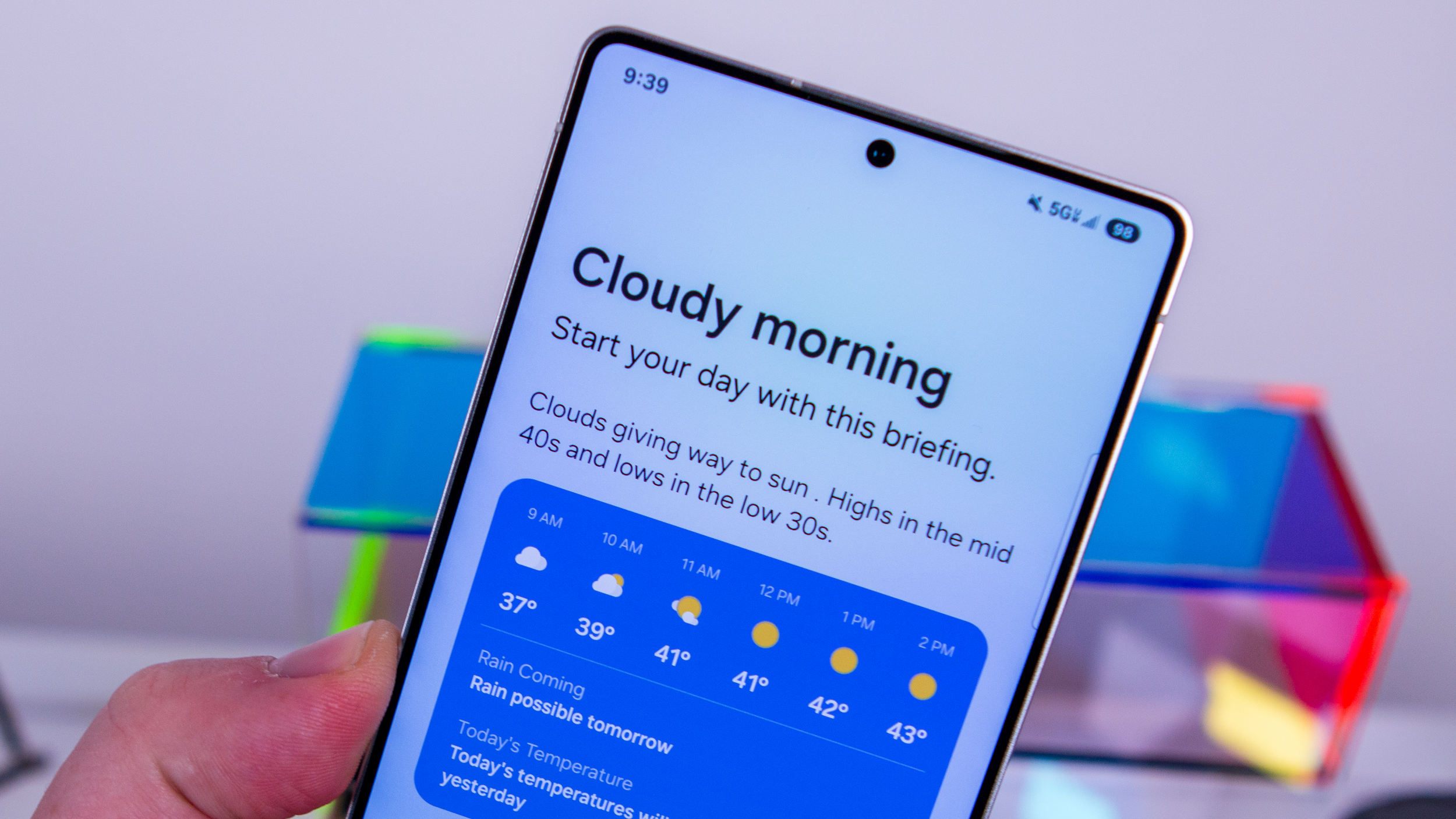You don't think you need a NAS, but here's why you should buy one on Prime Day

With Prime Day just around the corner, one of the best products to pick up during the two-day sale is a network-attached storage (NAS) enclosure. Having your own home server allows you to back up data from your phones and other devices seamlessly, stream your local music and media collection, and so much more.
I collated the best Prime Day NAS deals, and while a few enclosures are already on sale right now, we'll have to wait until Prime Day kicks off in earnest on June 21 for some of the more recent additions like Synology's DiskStation DS220+ and DS920+ to pick up attractive discounts.
Although setting up your own server may sound intimidating, getting started with a NAS enclosure is very straightforward. Most modern enclosures have robust software features that make it extremely easy to get started, and their sheer versatility makes them a great option for homes and businesses.
But before all that, you may be wondering why you even need a NAS enclosure. I've used a few dozen NAS enclosures over the course of the last decade and manage over 150TB of data in my home server. So if you've never used a NAS and are thinking of picking one up during Prime Day, here are four things you need to know.
Build your own offline Google Photos
One of the best use cases for a NAS is backing up photos and videos. If you've used your phone for any meaningful amount of time, you would have accumulated at least a few gigabytes worth of photos and videos. Ideally, you'd back them up to a cloud service like Google Photos, but with Google now counting all uploads toward your storage quota, this is as good a time to think of a local alternative like a NAS.
A NAS is the best way to back up photos and videos from your phones locally.
I wrote a detailed post on how to set up a NAS as a Google Photos alternative, but the gist of it is that you can easily back up photos and videos from the myriad of phones in your household. Synology's NAS enclosures even offer a feature that lets you view memories of a particular date, sort albums by faces, and more — just like Google Photos.
I use my DiskStation DS1019+ to back up photos, videos, and data from my Xiaomi Mi 11 Ultra, iPhone 12, iPad Air, and the hundred or so review devices I get. My wife uses the same NAS to back up photos from her OnePlus 9 Pro and digital artwork from her iPad Pro.
Be an expert in 5 minutes
Get the latest news from Android Central, your trusted companion in the world of Android
You can set up individual user accounts on the NAS, ensuring your family members get their own storage pool on the home server. The best part about using a NAS for backing up photos and videos is that it does so automatically; all you have to do is set up the relevant utility — I use Synology Moments on my phones — and the service ensures that any new photos and videos I take are automatically saved to the NAS.
Seamlessly back up data
Alongside photos and videos from your phones and tablets, a NAS can also seamlessly back up data from your computers. Synology and QNAP have native clients for Windows and macOS, and you can easily configure what folders you want to back up to the NAS. And just like with photos, this is all done automatically; set a time for backing up files or select a frequency — every time you make changes — and you can rest assured that the data is safely transferred over to the NAS.
Stream your media library to all devices
Another great use case for a NAS is media streaming. If you have a large media library and want to stream it to your TV, phones, tablets, or other devices, all you have to do is pick up a NAS enclosure, transfer your media collection over to the server, and hook it up to a local streaming client like Plex.
Doing so lets you stream your local media library to all the connected devices in your home. Plex is available on just about every platform, including Android, iOS, Windows, macOS, and most smart TVs, so you can effortlessly stream all your locally-stored videos, TV shows, and movies to any device in your home network.
Access your data from anywhere
Most NAS enclosures these days come with remote login, giving you the ability to access the data from outside your home network. I've used this particular feature hundreds of times over the years; it is particularly handy to be able to pull up a file that's stored on your NAS even when you're in another country.
A great use case for this feature is remote music and video streaming. I have my lossless music library stored on my NAS, and I use the built-in Audio Station service to effectively turn it into a music streaming service, using the mobile app to stream the tunes to my phone when I'm traveling. It is great to be able to access your music and media library even on the go, and with work travel resuming again, you may want to consider going this route if you want to listen to your own music library than rely on a streaming service.
It's time to buy a NAS
That's just a quick look at some of the things you can do with a NAS enclosure. If you're buying a NAS for the first time, you can get started with the DiskStation DS220j, which starts off at just $170 (it'll go below $150 for Prime Day) or the $300 DiskStation DS220+. Both of these enclosures have plenty of room for storage and let you access all the excellent software features Synology has to offer.
While Synology is the largest NAS manufacturer and the one with the best software features, you'll also find budget enclosures from the likes of TerraMaster and QNAP. I'll be highlighting the deals as and when they go live, but if you're interested in picking up a NAS, the time to do so is right now.

The ideal NAS for first-time buyers
The DiskStation DS220+ holds up to 32TB of storage, has Gigabit Ethernet connectivity, USB 3.0 ports, and an extensive array of software features that make it extremely straightforward to back up your photos and videos and stream your media collection to all devices in your home network and beyond.

Harish Jonnalagadda is Android Central's Senior Editor overseeing mobile coverage. In his current role, he leads the site's coverage of Chinese phone brands, networking products, and AV gear. He has been testing phones for over a decade, and has extensive experience in mobile hardware and the global semiconductor industry. Contact him on Twitter at @chunkynerd.
